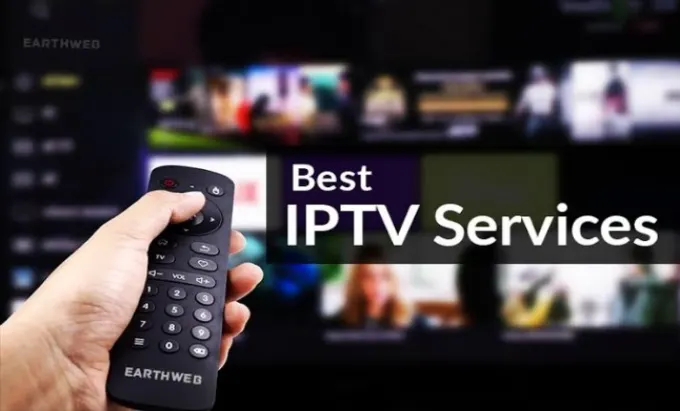
The Rise of IPTV: Revolutionizing Television Viewing
AlexJones
- 0
- 369
In recent years, Internet Protocol Television (iptv abonnement) has emerged as a revolutionary way to consume television content. Unlike traditional broadcast and cable TV, IPTV delivers television programming and other video content using the Internet protocol suite over a packet-switched network such as the Internet. This paradigm shift offers numerous advantages, making IPTV an increasingly popular choice among consumers and businesses alike.
What is IPTV?
IPTV stands for Internet Protocol Television, a system where digital television service is delivered using the Internet protocol over a network infrastructure, which could include broadband Internet or a dedicated network. IPTV provides users with access to live TV channels, on-demand videos, and interactive features, all through an Internet connection. This is a stark contrast to the traditional methods of broadcasting television content through terrestrial, satellite, or cable formats.
How Does IPTV Work?
The technology behind IPTV involves three primary components:
- Content Acquisition: This involves sourcing the video content. This can be live TV, video on demand (VoD), or other digital media.
- Content Delivery: This is where the content is encoded and transmitted via a broadband or dedicated IP network. It often involves streaming protocols and a content delivery network (CDN) to ensure high-quality transmission.
- User Interface: The interface is what the end-user interacts with. It can be an app on a smart TV, a set-top box, or software on a computer or mobile device. This interface allows users to browse through available content, manage subscriptions, and access various features.
Advantages of IPTV
- On-Demand Content: One of the biggest draws of IPTV is the ability to watch content on demand. Users can choose from a vast library of movies, TV shows, and other media, and watch them whenever they want.
- Interactive TV: IPTV offers interactive features such as pausing, rewinding, and recording live TV. Some services also provide interactive advertising, gaming, and social media integration.
- High-Quality Streaming: IPTV can provide high-definition (HD) and even 4K quality streaming, depending on the bandwidth available.
- Personalization: Many IPTV services allow users to personalize their viewing experience by recommending content based on their preferences and viewing history.
- Cost-Effectiveness: IPTV can be more cost-effective than traditional cable or satellite TV, often offering more flexible subscription plans.
Challenges and Considerations
While IPTV offers many benefits, there are also challenges to consider:
- Bandwidth Requirements: High-quality IPTV streaming requires a robust and stable Internet connection. Bandwidth limitations can affect the viewing experience, causing buffering and lower resolution.
- Legal and Licensing Issues: The legal landscape of IPTV is complex, with issues surrounding content licensing and distribution rights. It’s important for providers and users to ensure that they are accessing and distributing content legally.
- Technical Issues: Users may encounter technical issues such as network congestion, server downtimes, or compatibility problems with different devices.
The Future of IPTV
The future of IPTV looks promising, with continuous advancements in technology and growing consumer demand for flexible and personalized viewing options. As internet speeds increase and more households gain access to high-speed broadband, the adoption of IPTV is expected to rise. Additionally, the integration of IPTV with other emerging technologies such as 5G and artificial intelligence (AI) could further enhance the viewing experience, offering even more interactive and immersive content.
In conclusion, IPTV is transforming the way we consume television content, offering greater flexibility, interactivity, and choice. As the technology continues to evolve, it has the potential to become the dominant method of television delivery, shaping the future of entertainment.
